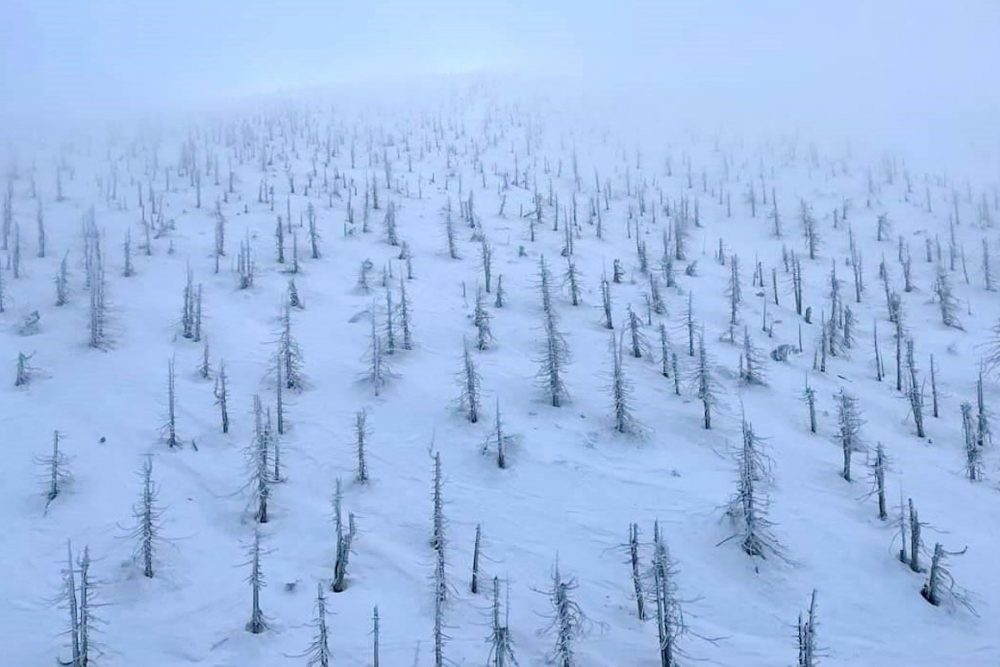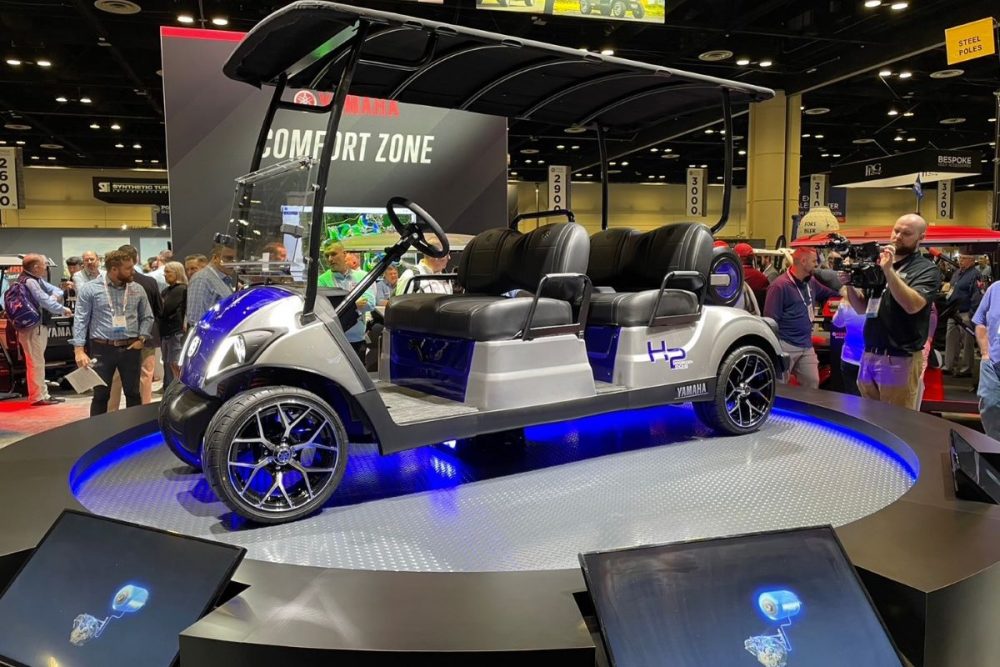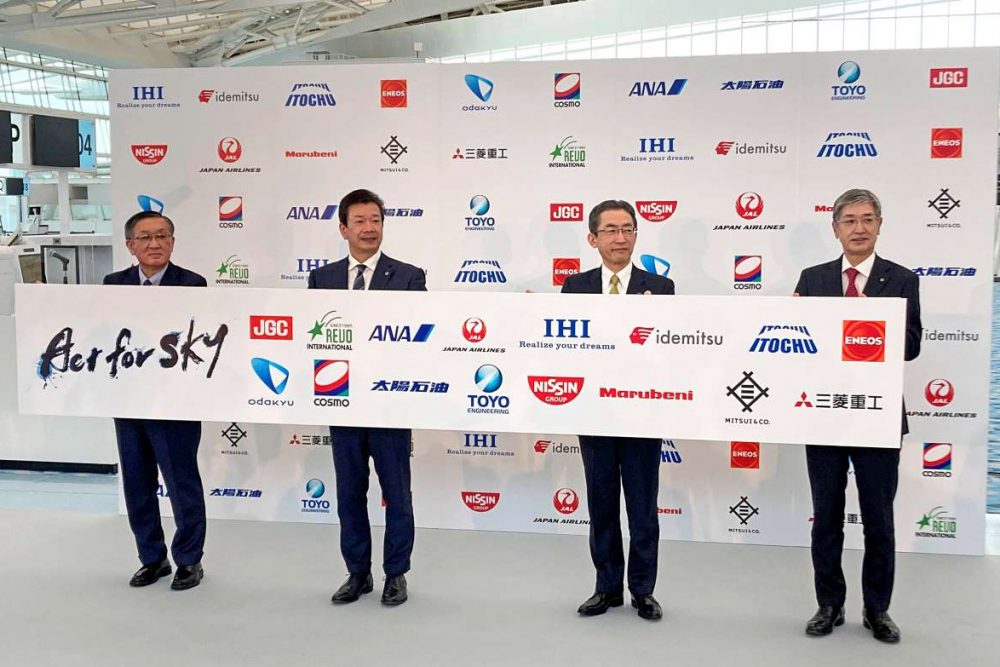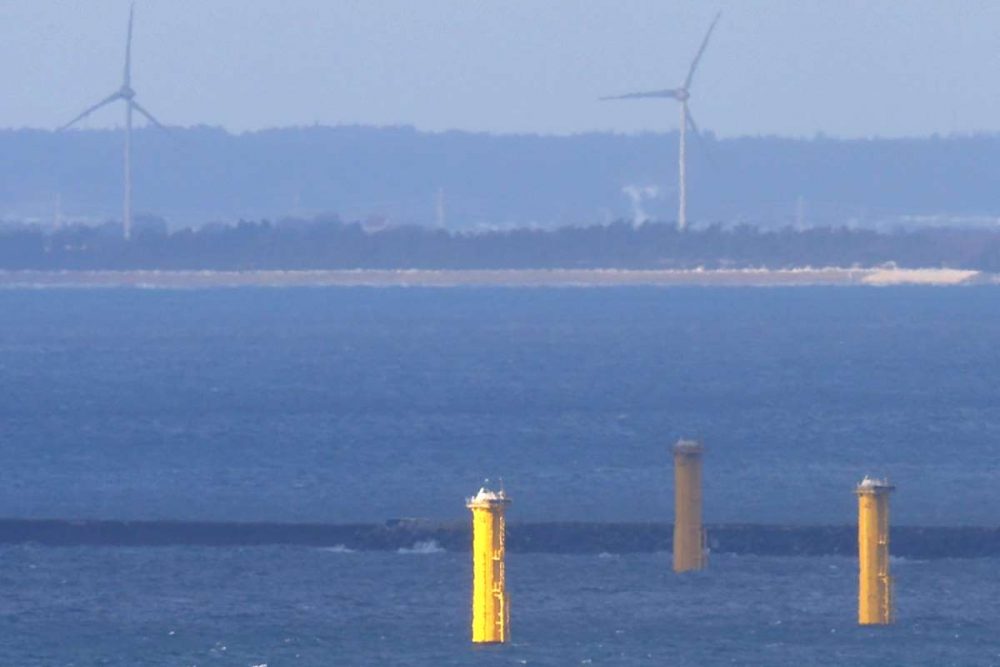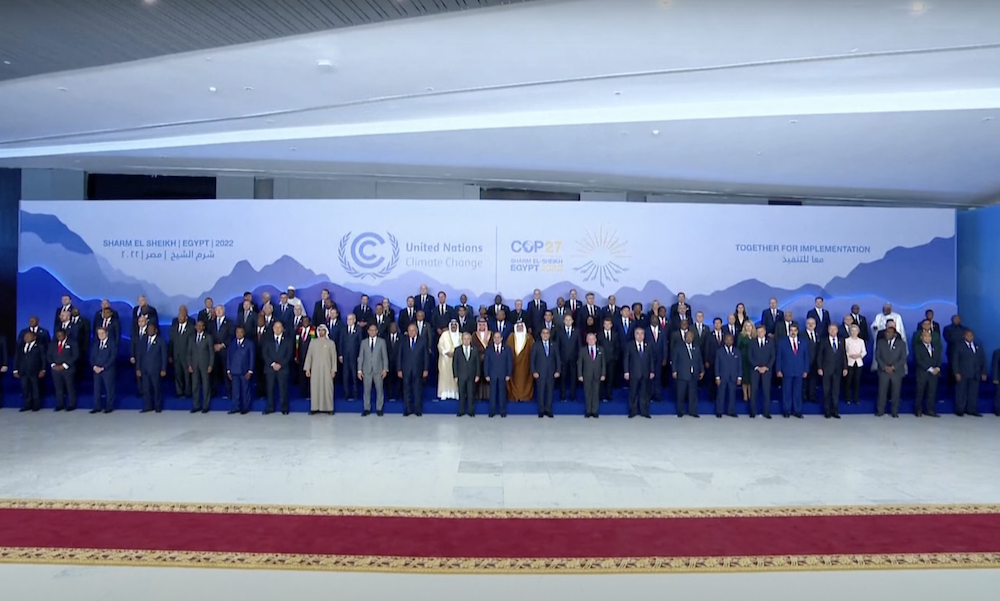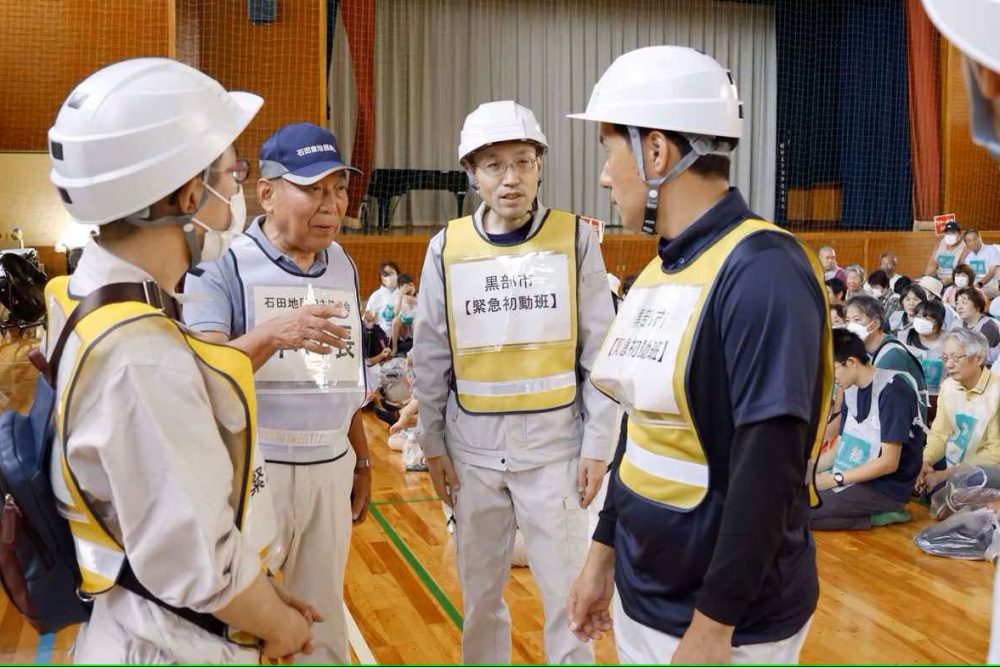Japan's First Underground Carbon Capture and Storage Facility Unveiled in Hokkaido
Japan is paving the way for decarbonization with its first carbon capture and storage facility in Hokkaido and a new law to promote CO2 storage.
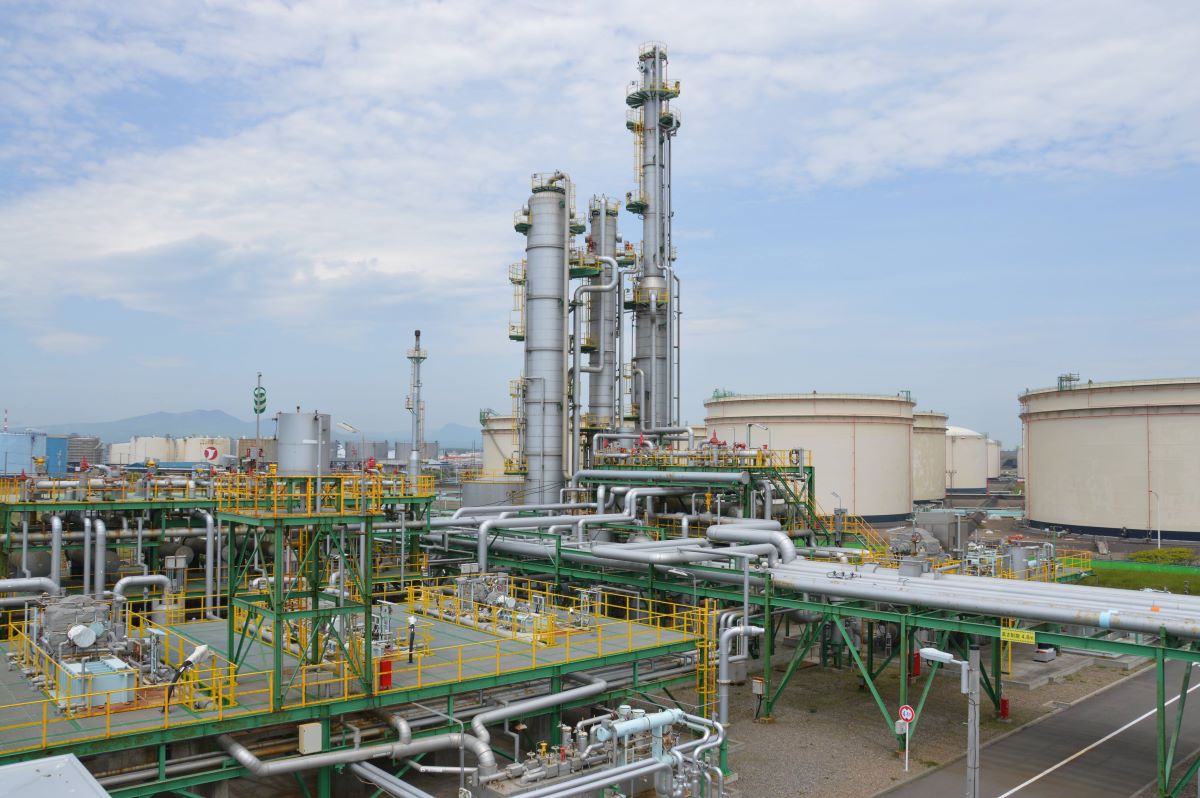
このページを 日本語 で読む
Japan CCS (JCCS), a company funded by major power companies and oil development firms to promote carbon capture and storage (CCS), has a groundbreaking project well underway. On May 23, JCCS showed its CO2 storage facility in Tomakomai, Hokkaido, to the press.
The JCCS project is Japan's first large-scale CCS test facility and has already stored approximately 300,000 tons of CO2. More projects are expected with a new law, called the CCS Business Act, passed by the National Diet on May 17. The law is designed to create a business environment conducive to CCS. Efforts in the country are moving towards the practical application of CCS to achieve decarbonization.
'Safe and Reliable'
The facility in Tomakomai captures and separates the CO2 generated at a nearby oil refinery. The CO2 is then injected into geological formations more than 1,000 meters below the seabed through wells drilled from onshore. The process began in 2016. By 2019, roughly 300,000 tons had been stored. Since then, monitoring has continued to ensure CO2 is not leaking from the wells.
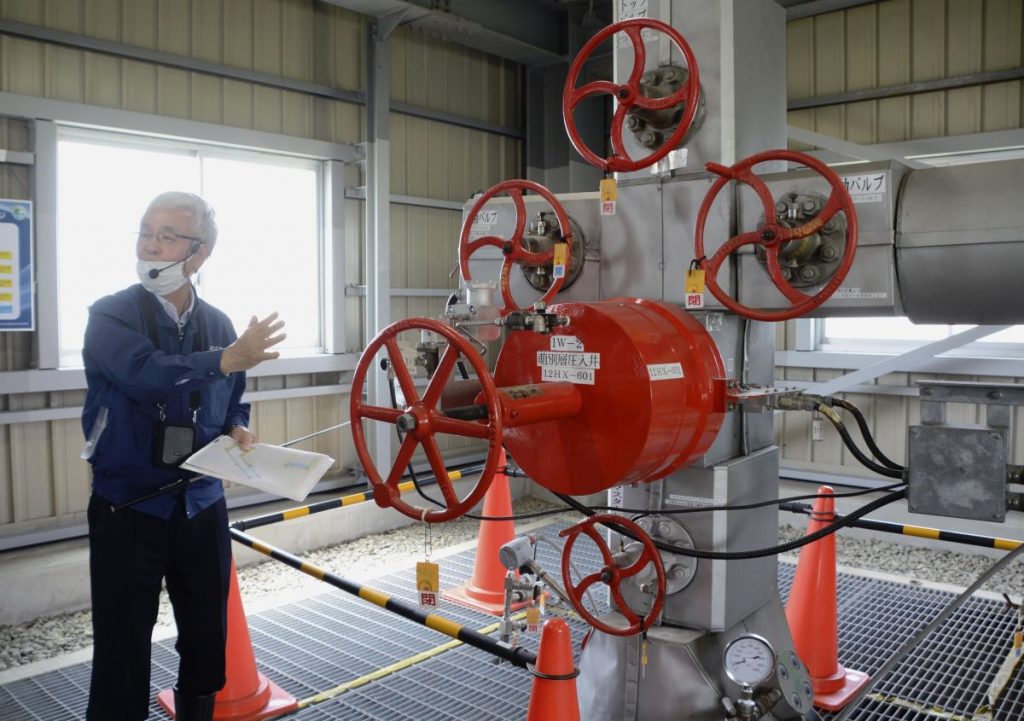
On May 23, the equipment used for separating and capturing CO2, as well as the CO2 injection apparatus, was unveiled. A JCCS spokesperson explained, "No leaks have been detected. We have confirmed that this is a safe and reliable system of CCS."
このページを 日本語 で読む






